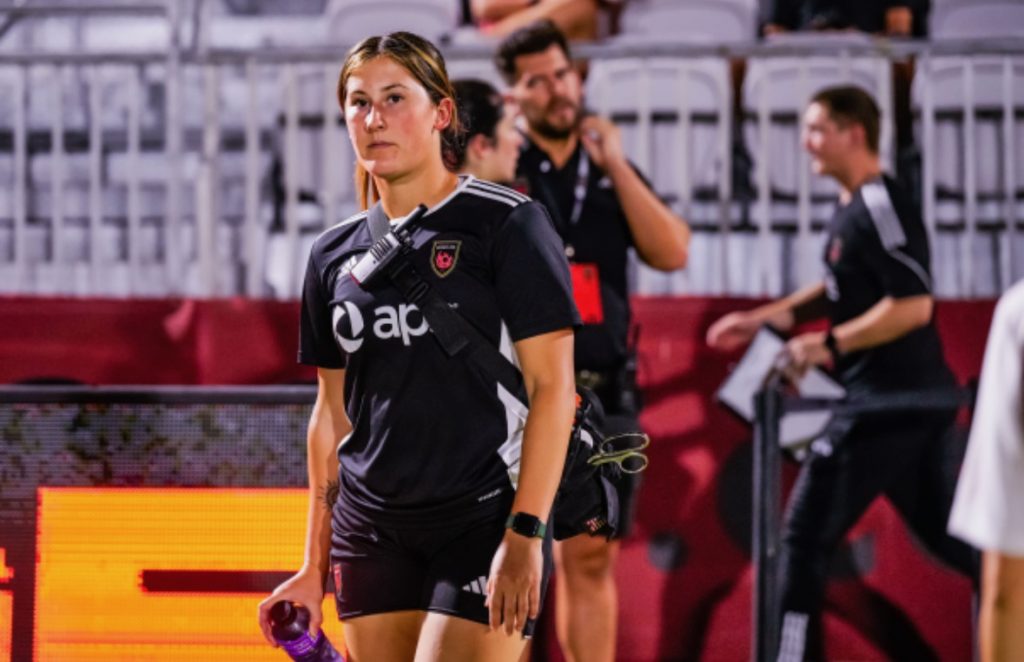
Roll out a new version of a rigorous national exam, watch the cookie start to crumble.
It’s what happened on last year’s Board of Certification for the Athletic Trainer exam, or BOC – the one students must take to be certified as athletic trainers. Nationally, 74.1% of those who took the old version of the exam in 2022 passed on their first try. When the new version was in place just a year later, that pass rate dipped to 68.7% nationally.
Grand Canyon University’s athletic training students weren’t immune.
The first-time pass rate dropped to 87% in 2023, down from 100% the year before.
And though that rate was still about 19% above the national average – and all of GCU’s athletic training graduates passed the exam after trying again – it wasn’t good enough. The university’s athletic training faculty want to see all of the students in their program conquer that exam and become certified athletic trainers on the first attempt.
A year later, success.
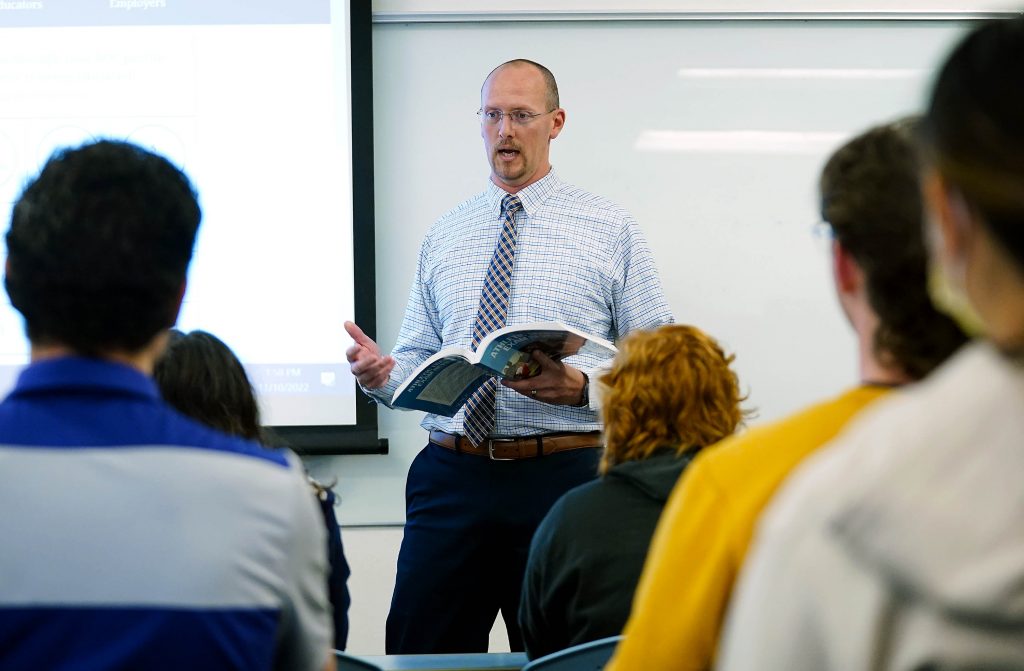
The 16 students who took the test in April, May and June scored a 100% first-time pass rate, which will be reported in the 2024-25 numbers to be officially released later in the academic year.
“That is HUGE the year after having that new test blueprint to have a 100% pass rate for our students,” said Director of Athletic Training Dr. Brandon Warner.
Added Dr. David Mesman, the BOC success coach for athletic training, “I know that, typically, when a new test blueprint comes out, the scores drop tremendously, so to be able to see, in its second year, a 100%, is actually pretty phenomenal, especially when you consider last year was the first blueprint test, in which those students had no real preparation for it.”
Program alumna Olivia Bauer was one of those success stories, though it wasn’t an easy journey.
“Dr. Mesman gives you hard truths,” said Bauer, who wanted to become a physical therapist until her school counselor told her about athletic training.
Bauer wasn’t scoring high enough on her practice exams to be able to take the test early.
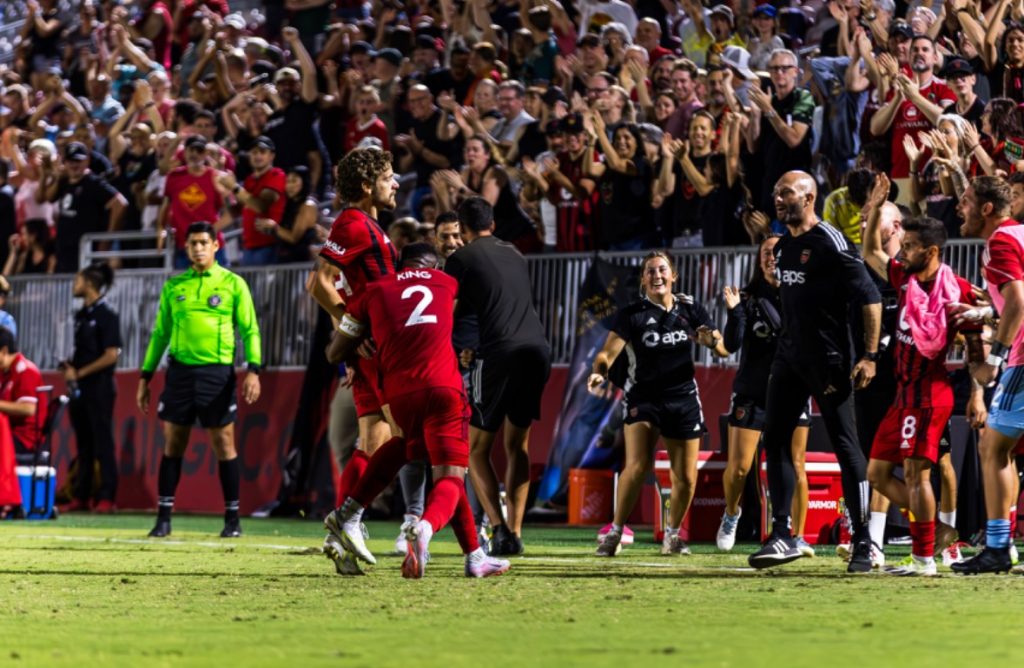
“They (faculty) look at, what are your study habits like? Are there outside challenges? … They really look at you as an entire person to figure out what the main problem is that could be lowering your results.
“For me, I had some personal outside factors. So you know what I did?”
She studied for two hours every day for the next three months.
“I made a BOC binder with all my study guides ... I separated it by domain, and then I rewrote my notes.”
She sat for her BOC in May, just a month after graduation, and passed on the first try.
Now, having returned home to southern Oregon, she works at Providence Medford Medical Center, where she said she wants to “create a bigger spotlight for athletic trainers.”
This isn’t the first time athletic training has upped its game for the exam.
Just a few years ago, in 2019-20, the first-time pass rate for GCU’s students dipped below standards.
So the faculty regrouped and looked to the leaders of their college, the College of Nursing and Health Care Professions, on how to improve.
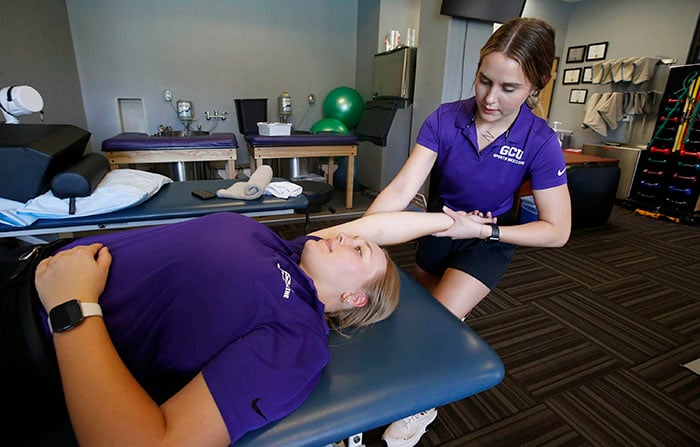
Nursing students had been excelling over the past few years on their own brutal licensure exam, the National Council Licensure Examination, or NCLEX. It’s one they must pass to become registered nurses and start working professionally in the field. In the first quarter of 2021, 100% of the university’s nursing students passed the NCLEX.
A big part of that success was Amy Leach, who was named the NCLEX success director, after nursing sought to improve on past exam performances.
Athletic training followed suit.
Program leaders learned that a dedicated faculty member who is focused on preparing students for the BOC was part of the secret sauce.
“A lot of success we’ve had here came about when we appointed Dr. Mesman as the BOC success coach,” said Warner. “… Ever since then, we’ve had a high rate of success in our programs. In fact, three out of the four last reporting cycles, we’ve had 100% pass rates. The only exception to that was (last year’s) 87% first-time pass rate.
“We’ve been high performing for the past four years and are excited to keep moving that forward.”
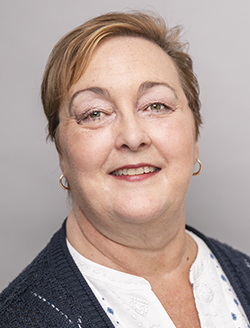
Mesman shadowed Leach as she worked with nursing students five years ago.
“I always like to thank Amy Leach, the director of NCLEX success,” Mesman said. “She’s the one who initiated a lot of the approach that I have with the students.”
In his role as BOC success coach, Mesman looks at the practice exams that athletic training students take at the end of every semester. He takes that information and is intentional in one-on-one meetings with students, helping to build their confidence and trust.
“It’s really building relationships, and once you build that relationship with each of the students, you’re able to identify where their strengths are, where their weaknesses are, and then we try to approach a very tailored study plan. I always like to have them look at their deficiencies and what they don’t currently have proficient and then expand on those – so really hone in on them (those deficiencies),” he added.
Students also have access to tools like the ACES Preparatory Workshop, a virtual study guide for the certification exam that comes with two mock tests.
Bauer said she and other athletic training students take a BOC class to drill through practice questions, study different ways to answer a question, and learn strategies to eliminate multiple-choice options, “which was really helpful.”
“Our senior year, they made sure we were prepared and that we focused,” she said.
Even after students have graduated, athletic training faculty is available to them. Mesman likes to touch base before students sit for the exam to make sure they have everything they need.
“They do a lot of preparation, even simple things … like just going to the test center to relieve test anxiety the week prior,” said Mesman. Just seeing that new environment can quell those fears. “… So it’s just a lot of those little coaching tips like that to help them navigate the stress and anxiety associated with taking a national exam.”
Mesman emphasizes that it isn’t just his role that has been part of the program’s success in returning so quickly to that 100% pass rate.
“The entire program just pours into them – all our faculty,” he said, adding, “honestly, the students do most of the work.
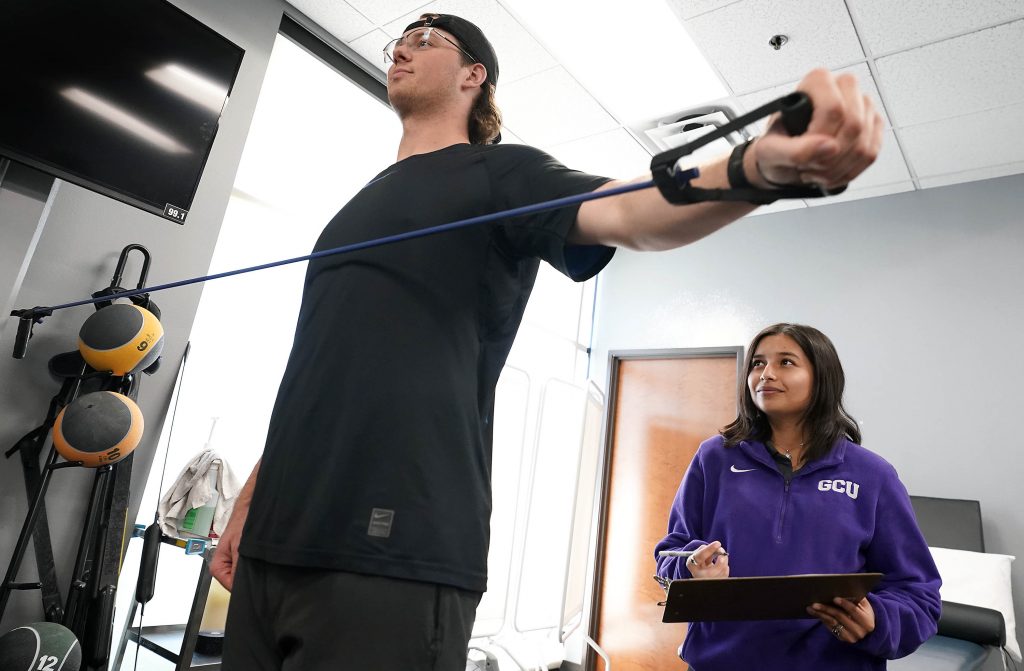
“It’s just a matter of the accountability factor, having conversations, giving them what they need when they need it, and helping them along the way.”
All that success comes in the midst of a big change for athletic training, which has transitioned to a master’s program to meet national standards. As of fall 2022, athletic training programs no longer were allowed to admit undergraduate students.
Now students who want to be athletic trainers will pursue their undergraduate degree in a related field, such as exercise science/sports performance, pre-physical therapy or pre-physician’s assistant. Then they’ll enter the two-year master’s program in athletic training.
One more cohort will graduate from the bachelor’s program in athletic training, with the first cohort of the two-year master’s degree program starting their educational journey this summer.
Warner said, “The big differentiator of our program is really trying to meet the student at their level, take those various deficiencies and make them strengths, so we always continually try to improve, review and always make better, and our students have always done extremely well … hopefully we continue to do that.”
Manager of Internal Communications Lana Sweeten-Shults can be reached at [email protected] or at 602-639-7901.
Related content:
GCU News: GCU faculty switches gears to help Team USA BMX athletes









































































